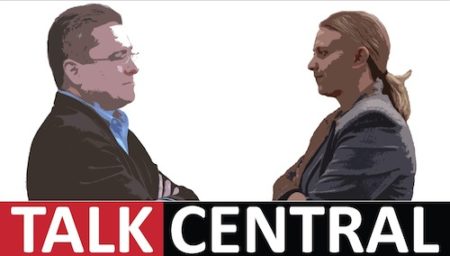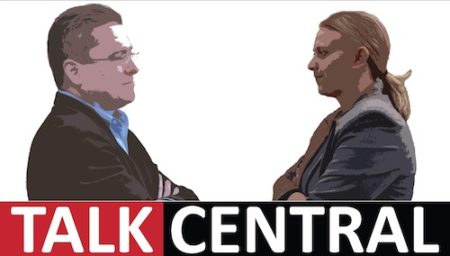
[By Candice Jones]
Last week, well-known casino Piggs Peak shut down its online service after a high court ruling effectively outlawed Internet-based gambling in SA.
It was a long battle that dated as far back as 2004 when the Gauteng Gambling Board bemoaned the fact that the company did not have a gambling licence in SA and should therefore not allow South Africans to use its service.
Piggs Peak argued its case well, using the age-old defence of jurisdiction. The casino’s servers that manage the online gambling system are located in Swaziland, which, it contested, meant it was not subject to SA law.
A similar defence has been used in hundreds of legal case across the world, and not just for online gambling. Peer-to-peer services, secretive banking, and even pornography have all been subject to the server jurisdiction argument.
The basic premise is that if a server or service is located in a particular country, it must follow the laws of that country — even if customers elsewhere in the world are using it.
This concept has changed in several countries, and to protect themselves now, many online services run a disclaimer asking the user to be cognisant of their own country’s laws.
Piggs Peak lost the battle against the Gauteng Gambling Board when the high court judge Neil Tuchten made a landmark ruling that although the servers are located outside the country, the service is actually being used in SA, and is therefore subject to local law.
The ruling has wide-ranging consequences for many SA Internet users, and not just those planning to throw money away on the roulette table.
The Gauteng Gambling Board says anyone who facilitates the process will also be held responsible and could face a R10m fine or up to 10 years in jail.
This includes the Internet service providers (ISPs), which are being slammed left right and centre with possible legislation that could put many of them out of business.
The board’s sweeping statement that it will stop anyone from assisting online gambling institutions has the same affect on local service providers as the online pornography bill will have if it’s eventually passed. As with porn sites, Internet providers may have to create filtering services that prevent local users from accessing Web-based gambling services.
Providers have already explained how this is a costly exercise.
The problem for the providers is this: if an SA customer manages to get through the filtering, and gain access to a gambling site, they could be fined R10m. Couple that with the expensive equipment needed to run the filtering in the first place, and providers could find themselves in financial trouble.
Users will always find ways of getting through to blocked services. ISPs will need to have deep pockets to keep up with the newfound legal vigour of the Gauteng Gambling Board.
Making it even harder to police is the fact that international casinos are going mobile, and using technologies like SMS to bring new and interesting ways of gambling to consumers.
So, while government preaches the cheaper-access-for-all mantra when it comes to the Internet, it is driving up overheads for ISPs, which ultimately will have to pass on those costs to consumers.
If anything, the high court’s judgment could prove to be a game of Russian roulette for the Internet providers.
- Candice Jones is deputy editor of TechCentral
- Subscribe to our free daily newsletter
- Follow us on Twitter or on Facebook




